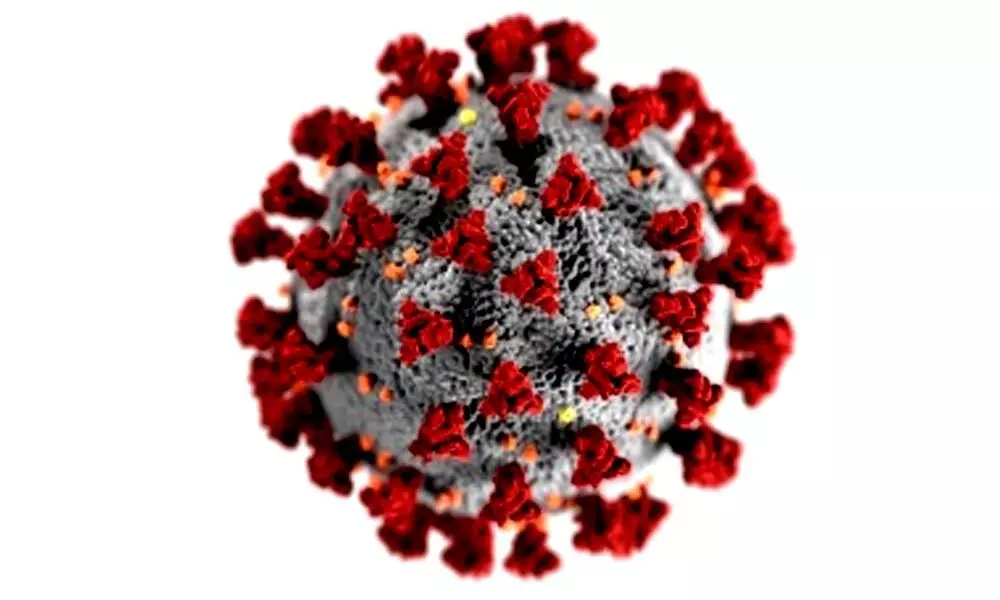Now, all-in-one test for Covid-19 from Saudi
The team from the King Abdullah University of Science and Technology (KAUST) in Saudi Arabia has now combined all three kinds of tests into a single procedure that should allow for point-of-care tracking of Covid-19 and the many emerging variants of SARS-CoV-2
image for illustrative purpose

Riyadh
RESEARCHERS have developed a Covid-19 testing strategy that can streamline the process of identifying cases, tracking variants and detecting co-infecting viruses.
Currently, separate assays and complex workflows are involved in each of the diagnostic procedures, with analyses typically performed in highly specialised facilities.
The team from the King Abdullah University of Science and Technology (KAUST) in Saudi Arabia has now combined all three kinds of tests into a single procedure that should allow for point-of-care tracking of Covid-19 and the many emerging variants of SARS-CoV-2.
"Our all-in-one test provides a promising integrated solution for rapid field-deployable detection and mutational surveillance of pandemic viruses," said the study's lead author Mo Li, a stem cell biologist from KAUST.
The new test takes advantage of a recent genetic method (called recombinase polymerase amplification) and a next-generation portable sequencer to quickly detect the presence of viral sequences and provide read-outs -- in up to 96 patient samples at a time.
Li's team, in collaboration with researchers from Saudi Arabia, the US and Spain, designed the test to decode five segments of the SARS-CoV-2 genome, each chosen to help guide variant tracking. They also incorporated assays for three common respiratory viruses that can cause symptoms similar to Covid-19. The team validated the technique -- termed NIRVANA -- using nose and throat swabs from people suspected of having SARS-CoV-2 infection. They also tested wastewater samples collected from municipal sewage at KAUST to show how the method could allow for population-level surveillance of SARS-CoV-2 and other viruses.
"NIRVANA can rapidly diagnose multiple viral infections in a high-throughput manner, it can simultaneously detect the virus and report its mutations," said Chongwei Bi, a doctoral student at KAUST.

